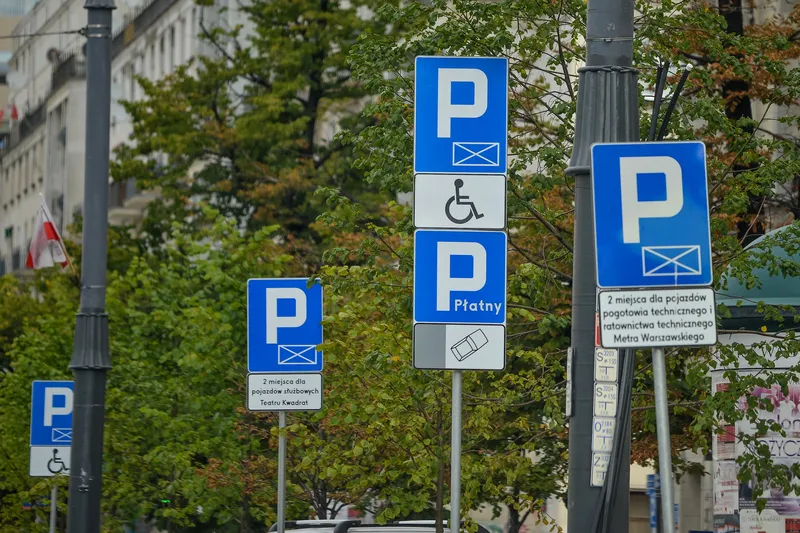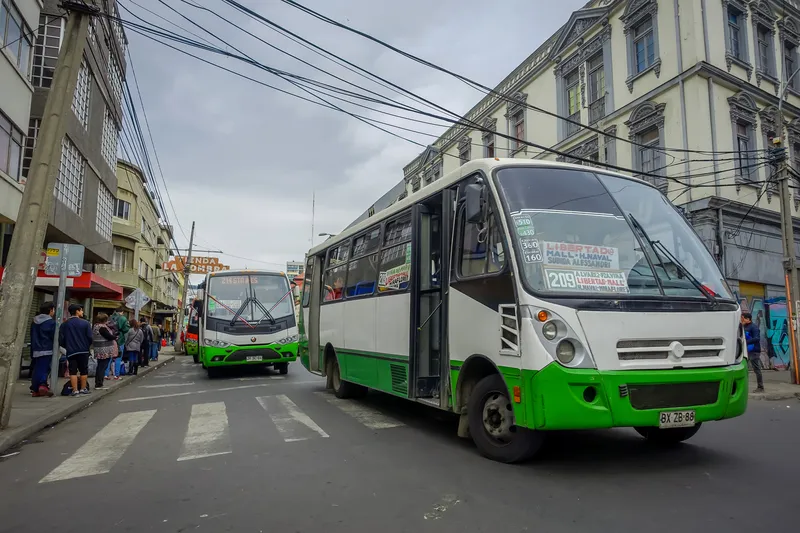
Flowbird Group, in collaboration with City Parking Group, has inked a 10-year deployment and maintenance paid-parking contract with the Polich capital Warsaw.
The agreement includes the setting up and maintenance of 1,910 Strada S5 parking meters within Warsaw’s Paid Parking Zone, the SPPN. The new meters will feature touch technology, designed to offer an intuitive and seamless experience for residents and visitors.
The Flowbird mobile app will continue to be available, allowing users to manage parking through their smartphones. These machines will include features such as QR code payment extensions.
The firm says the introduction of the “cutting-edge” machines represents a significant step forward in enhancing the user experience while optimising the efficiency of Warsaw’s parking system. Flowbird’s cloud-based software infrastructure will further ensure the smooth operation and connectivity of the parking network, allowing real-time monitoring and management of parking activities citywide.
Flowbird has been working with Warsaw since 2012 and new agreement will help establish the city as one of the largest paid-parking zones in Europe.










